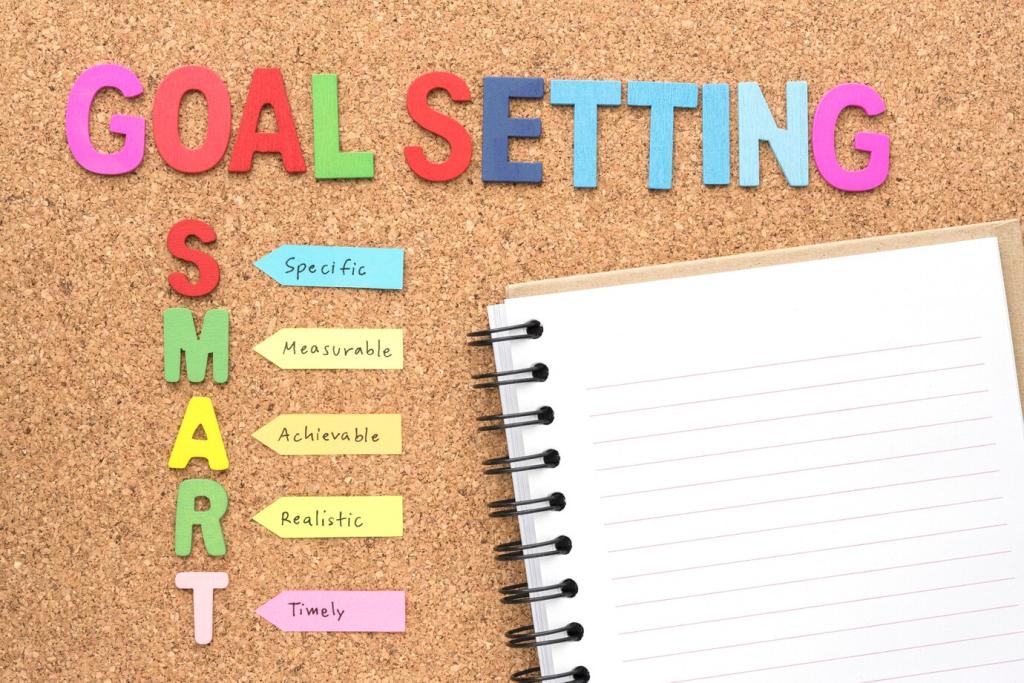Master Your Minutes: Time Management for Personal and Professional Growth
Chosen theme: Time Management Strategies for Personal and Professional Growth. Welcome to a practical, uplifting guide that helps you reclaim focus, design better days, and grow on purpose—at work and beyond. Subscribe for weekly playbooks, and share your wins so our community learns together.

Map Your Minutes: The Honest Time Audit
Track two typical days in fifteen-minute blocks, noting activities and energy levels. Label tasks as focus, admin, social, or recovery. This gentle snapshot surfaces reality without judgment. Share one surprising discovery in the comments to inspire a fellow reader.

Prioritization That Sticks: From Values to Calendar
Let values power the Eisenhower Matrix
List your top values—growth, family, craft, health—then categorize tasks by urgency and importance. Important-but-not-urgent items become scheduled commitments, not wishful thinking. Post your matrix in view, and comment which quadrant got the most unexpected time this week.
The three big rocks weekly ritual
Choose three outcomes that would make the week a win personally and professionally. Place them on your calendar first, not last. Protect them like meetings with your future self. Share your three rocks, and we’ll share sample agendas in next week’s newsletter.
Say no without burning bridges
Use respectful scripts: “I’m at capacity until Thursday; shall we revisit then?” or “To do this well, I’d need to trade off X—should we proceed?” Practice out loud, then try one real request this week. Tell us how it went and what you learned.
Deep Work in a Distracted World
Schedule one or two 60–90 minute blocks for cognitively demanding work. Add a start ritual—tea, playlist, phone face down. End with a quick note on next steps. Share your focus ritual ingredients; we’ll compile a community recipe list for inspiration.


Deep Work in a Distracted World
Tell yourself, “Fifteen minutes on just this.” Most resistance dissolves after starting. Keep a capture pad nearby to park intrusive thoughts. Celebrate tiny completions to gain momentum. Comment with your favorite micro-commitment phrase; the best will feature in tomorrow’s roundup.
Routines That Power Work and Life
Begin with a two-minute intention, review your three priorities, and triage messages for genuine urgency. Avoid reactive scrolling. Move your body, even briefly, to prime energy. What one morning tweak improved your day? Comment below and subscribe for a printable checklist.
Routines That Power Work and Life
Close loops: log wins, park unfinished tasks with clear next actions, and set your first task for morning. Power down devices thirty minutes before bed. This mental closure quiets rumination. Share your shutdown script to help others sleep with a lighter mind.
Routines That Power Work and Life
Scan your calendar, evaluate progress on goals, and re-balance commitments across career, relationships, health, and learning. Book restorative time as a priority. Ask: “What did I learn?” Tell us one insight from your review; we’ll highlight top lessons next week.
Tools, Not Toys: Keep What Works
Paper, digital, or hybrid?
Paper excels for clarity and offline focus; digital shines for search and collaboration. Many thrive with a hybrid: paper daily plan, digital backlog. Test each for one week. Which reduced friction for you? Share your setup photo or description for community feedback.
Choose a task manager you’ll actually use
Favor fast capture, clear contexts, and reliable reminders over fancy features. Start with tags like Work, Home, Deep Work, Admin. Review daily, prune weekly. Comment with your must-have feature, and we’ll publish a crowd-sourced shortlist of tools that stick.
Make your calendar your source of truth
Time-block priority tasks and include buffer space. Protect thinking time as if it were a meeting with your future results. Sync personal and professional calendars to avoid collisions. Tell us one boundary your calendar now enforces and how it improved your week.

Meeting hygiene that respects time
Require agendas, owners, and decisions. Default to 25 or 50 minutes to create breathing room. End with clear next actions and owners. Try one improvement this week and report your results so others can borrow what worked in your organization.
Asynchronous updates that move work forward
Use concise written updates, shared docs, and clear deadlines to avoid unnecessary meetings. Bundle context, decisions, and questions in one place. Celebrate progress publicly. Share your best async template; we’ll feature a curated set for subscribers next edition.
Team norms that protect deep work
Agree on quiet hours, escalation channels, and response-time expectations. Respect calendar focus blocks and document decisions. Review norms quarterly. What one boundary would change your team’s week? Tell us below, and invite a colleague to join the conversation.
